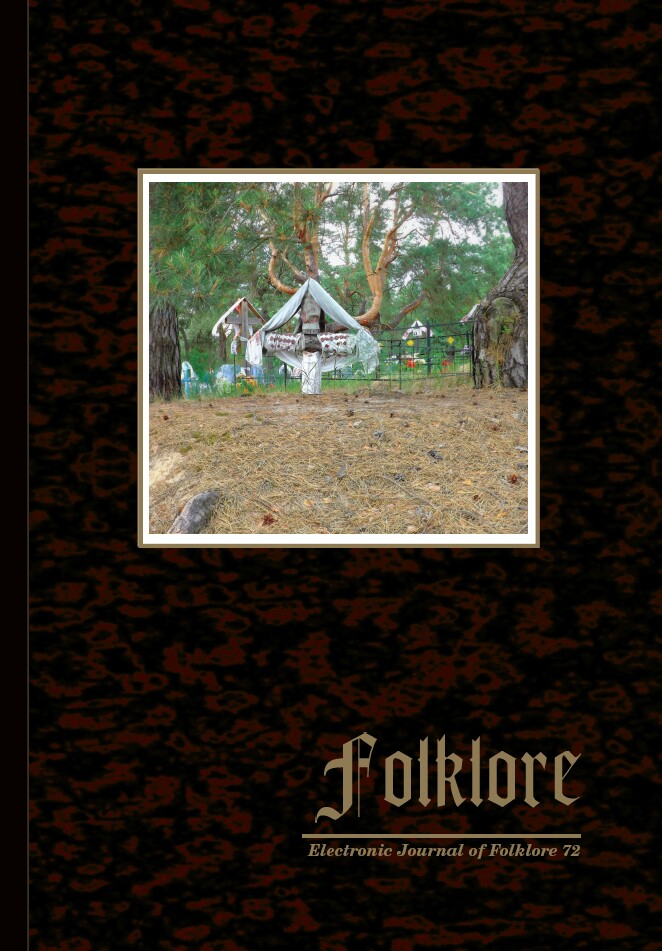Patriotism and Love in the Context of the Estonian Western Diaspora
Patriotism and Love in the Context of the Estonian Western Diaspora
Author(s): Triinu OjamaaSubject(s): Customs / Folklore, Cultural Anthropology / Ethnology, Culture and social structure , Migration Studies
Published by: Eesti Kirjandusmuuseum
Keywords: Estonia; Estonian Western diaspora; exile literature; love; mixed marriages; patriotism;
Summary/Abstract: The article focuses on the love Estonians abroad have for their country of origin, compatriots, and people with different ethnic backgrounds. The research material consists of interviews, essays, and two novels. The interviews have mainly been collected from the Second World War refugees and their descendants in Canada, the USA, Australia, and Europe. The essays include immigrants’ thoughts and feelings toward Estonia from the time of the restoration of the Republic of Estonia’s independence onward. Elin Toona’s novel Sipelgas sinise kausi all (The ant under the blue bowl) and Enn Nõu’s novel Ma armastasin rootslast ehk Sollefteå suvi (I loved a Swede or summer in Sollefteå) are based on the authors’ personal life experience in exile and reflect the refugees’ attitudes toward Estonia as well as their host country. Based on the listed material, the article discusses the following issues: What are the sources of diaspora Estonians’ patriotic feelings? How do the older diaspora generations teach the youth to love Estonia? Can the love for Estonia be unified with the love toward a non-Estonian? The research revealed that the descendants of the refugees love Estonia as their ancestors’ homeland and the source of cultural heritage. For those who have never lived in Estonia the country may take on the connotation of a fairy-tale land. Retelling of memoirs by older generations about their lives in Estonia before the Second World War has still an important role in generating a sense of patriotism toward Estonia. At the beginning of the exile period, literature also took on the role of supporting patriotic upbringing; later on this function waned. The analyzed material points to changes in the attitudes of diaspora Estonians. During the post-war years, simultaneous love for Estonia and non-Estonians may have caused conflict situations as the general belief in the community was that mixed marriages threatened the sustainability of the Estonian diaspora. The younger generations as well as Estonians who left the homeland during the independence period starting from 1991 have a more multicultural attitude: they believe that mixed marriages and connectedness to some other culture do not limit their positive feelings toward Estonia.
Journal: Folklore: Electronic Journal of Folklore
- Issue Year: 2018
- Issue No: 72
- Page Range: 181-202
- Page Count: 22
- Language: English

